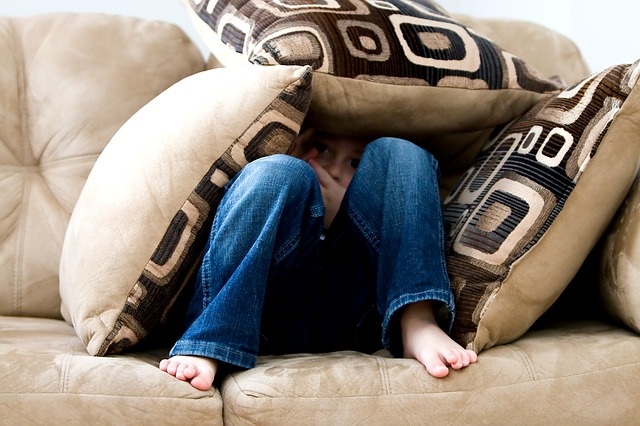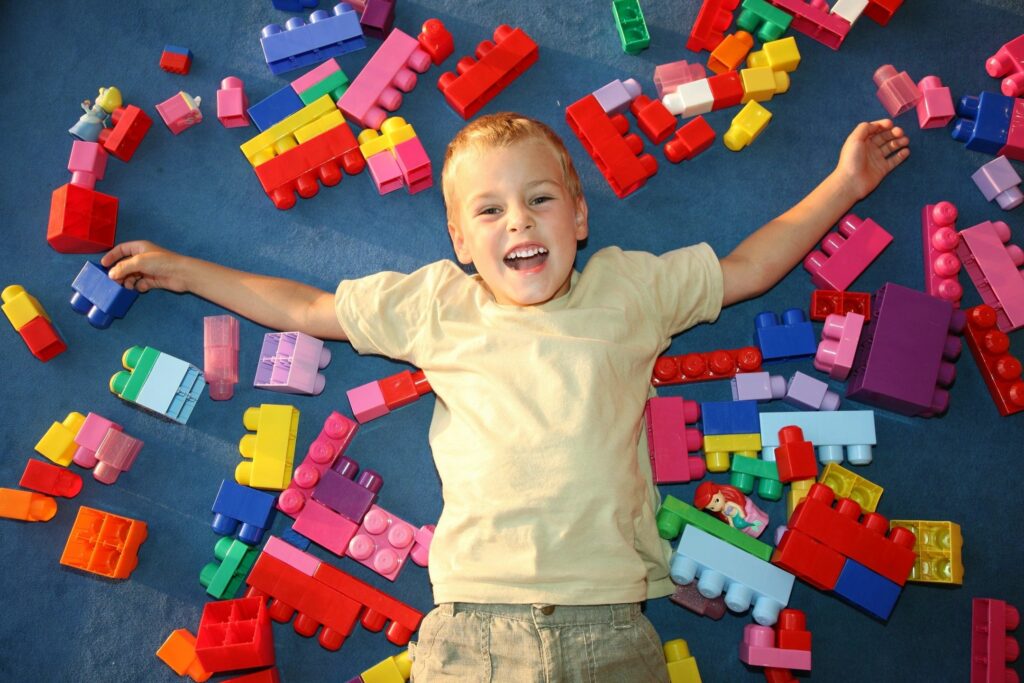When I imagined becoming a mom, I pictured sleepy baby snuggles, first words, and sweet milestones. I didn’t picture the first month of my child’s life being spent at a children’s hospital after open-heart surgery. I didn’t expect therapy appointments to fill our calendar, or for terms like “neurophysiologist,” “psychiatrist,” and “conduct disorder” to become a part of our everyday vocabulary.
And I certainly didn’t expect to be raising our third child with Autism, Conduct Disorder, and severe ADHD.
None of it was in the plan. Not the diagnoses. Not the tears. Not the desperate prayers at 2 a.m.
Back in 2010, I wrote about raising a child with Sensory Processing Disorder (SPD). That journey was raw, exhausting, and at times, incredibly lonely.
Daily you watch your child “lose it” for hours on end over seemingly nothing. You notice your son become hysterical because of a loud noise. You chart on the calendar the good, bad, and horrific days that your child experiences desperate to find triggers. You talk to other parents only to learn that they don’t understand because their child is “normal.” You read stacks of parenting book only to finish more frustrated because once again the authors doesn’t get it. You spend many nights crying yourself to sleep because “tough love” is not working. You feel that you were slowly losing your child to the unknown.

What is Sensory Processing Disorder?
For those who aren’t familiar, Sensory Processing Disorder means the brain has trouble interpreting the messages it receives from the senses. That includes the five basic senses—sight, sound, taste, touch, and smell—as well as movement and body awareness.
Some children are overwhelmed by certain sensory input. Others crave it to the extreme. A child with SPD might scream at a loud sound or constantly seek deep pressure or spinning. Either way, the world feels “off,” and that’s terrifying—for the child and for the mama trying to help.
Helpful Posts:
- How We Knew Our Child Had a Disability
- How Do I Explain to Others
- When Your Child Doesn’t Match Your Parenting Dreams

Therapy Matters
One of the biggest game-changers for us was Occupational Therapy. These therapists are trained to help children respond more appropriately to the sensory input they receive. It isn’t a quick fix, but it can bring so much healing—both for the child and the family.
Helpful Posts:
- Why Early Intervention is So Important
- When You Begin a Therapy Journey
- Finding an Occupational Therapist
- Sensory Brushing and Joint Compression
- Backpack Time

What Helped at Home
Let me be honest: home wasn’t always a sanctuary. Sometimes, it felt like a battlefield. Trying to meet the needs of a sensory-seeking child while managing the aversions was exhausting.
But little by little, we learned. Our therapists gave us tools and encouragement, and we started to build routines, environments, and strategies that helped the child feel safer—and helped me breathe a little easier.
Here are just a few things that helped in our home. Please know, I’m not a therapist. I’m just a mom sharing from the trenches, hoping to offer a little light for your road.
- Deep pressure hugs or a weighted blanket at bedtime
- A small trampoline for sensory input (and energy release!)
- Visual schedules to provide structure and security
- Fidget tools during transitions or overwhelming moments
Every child is different, and what works for one may not work for another. That’s why it’s so important to connect with professionals who can guide you specifically for the child’s needs.
Helpful Posts:
- Ideas for Home
- Helping Your Sensory Child Out of a Meltdown
- Volume Control Help and Chart
- Oh Mister Moon: Charting Behavior
- Appropriate and Inappropriate Ways to Handle Situations
- Stopping a Catastrophe Before it Starts
- Providing Sensory Input When Away from Home
- Teaching Emotions
You’re Not Alone
If you’re living in a world of meltdowns, therapy appointments, and unanswered questions, please know: you are not alone. You’re not failing. You are the exact mom God chose for your child.
This summer Bubs will turn 21. His sensory coping mechanisms are so strong that only those who know him well recognize when he is in sensory overload. I praise God for the team of therapists and doctors who worked diligently with Bubs and spent time training me.
This journey isn’t easy, but it’s full of moments where love breaks through in the most powerful ways. Celebrate those victories—no matter how small they seem.
From one mom to another, I’m cheering you on.
